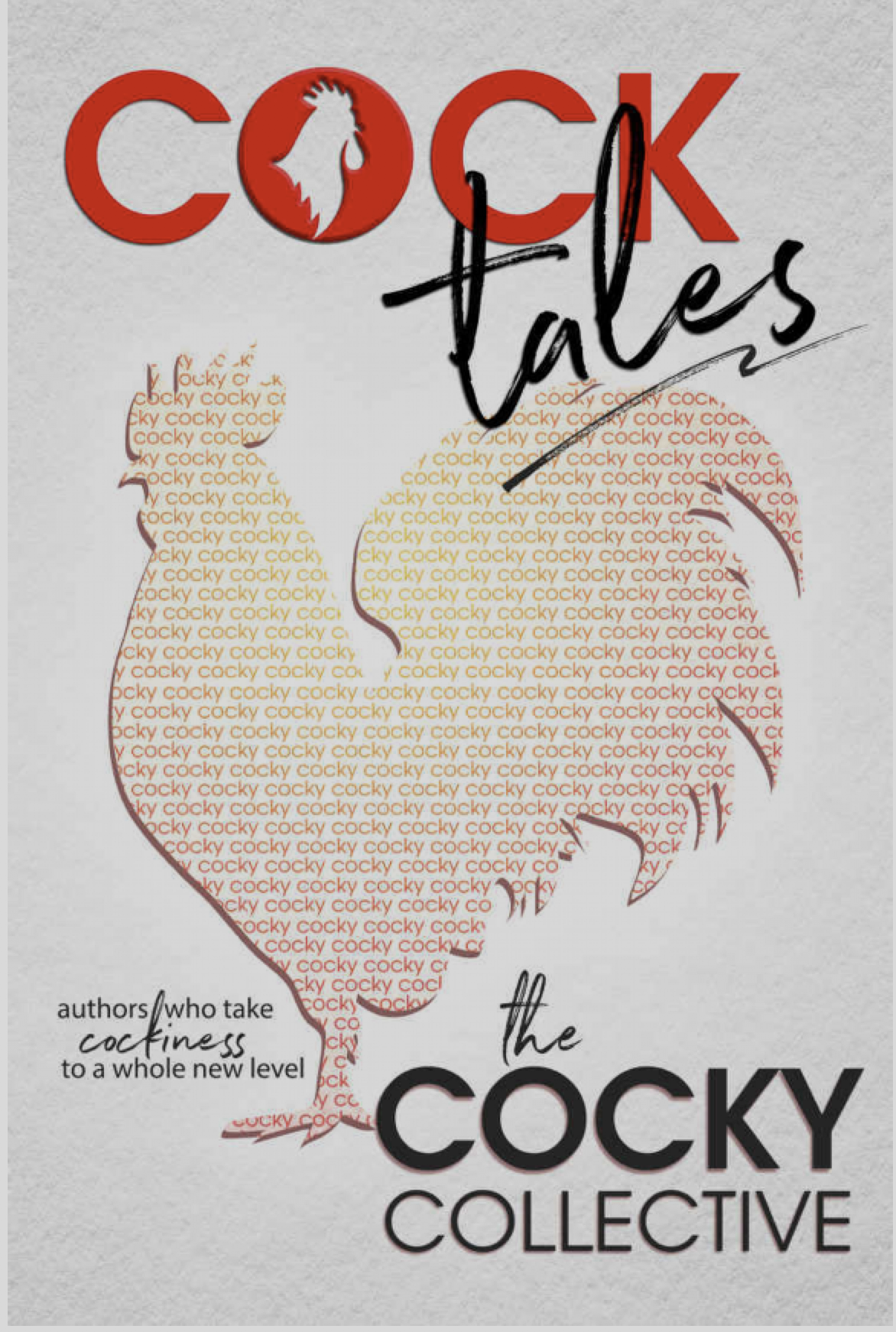An introduction and guide to my series of posts "Corpora and the Second Amendment" is available here. The corpus data that is discussed can be downloaded here. That link will take you to a shared folder in Dropbox. Important: Use the "Download" button at the top right of the screen.
New URL for COFEA and COEME: https://lawcorpus.byu.edu.
It was only three weeks ago that BYU Law School made available two corpora that are intended to provide corpus-linguistic resources for researching the original meaning of the U.S. Constitution. And already the corpora are yielding results that could be very important.
The two corpora are COFEA (the Corpus of Founding Era American English) and COEME (the Corpus of Early Modern English). As I've previously explained, COFEA consists of almost 139 million words, drawn from more than 95,000 texts from the period 1760–1799, and COEME consists of 1.28 billion words, from 40,000 texts dating to the period 1475–1800. (The two corpora can be accessed here.)
Within a day after COFEA and COEME became available, Dennis Baron looked at data from the two corpora, to see what they revealed about the meaning of the key phrase in the Second Amendment: keep and bear arms. (Baron was one of the signatories to the linguists' amicus brief in District of Columbia v. Heller.) He announced his findings here on Language Log, in a comment on my post about the corpora's unveiling:
Sorry, J. Scalia, you got it wrong in Heller. I just ran "bear arms" through BYU's EMne [=Early Modern English] and Founding Era American English corpora, and of about 1500 matches (not counting the duplicates), all but a handful are clearly military.
Two weeks later, Baron published an opinion piece in the Washington Post, titled "Antonin Scalia was wrong about the meaning of ‘bear arms’," in which he repeated the point he had made in his comment, and elaborated on it a little. Out of "about 1,500 separate occurrences of 'bear arms' in the 17th and 18th centuries," he said, "only a handful don’t refer to war, soldiering or organized, armed action." Based on that fact, Baron said that the two corpora "confirm that the natural meaning of 'bear arms' in the framers’ day was military."
My interest having been piqued, I decided to check out the corpus data myself.
Read the rest of this entry »
 This is one of the important stories that I haven't had time to blog about over the past couple of months. Let's start with some of the more tasteful jokes, nicely presented using the rhetorical device of praeteritio — Constance Grady, "How an author trademarking the word “cocky” turned the romance novel industry inside out", Vox 5/15/2018:
This is one of the important stories that I haven't had time to blog about over the past couple of months. Let's start with some of the more tasteful jokes, nicely presented using the rhetorical device of praeteritio — Constance Grady, "How an author trademarking the word “cocky” turned the romance novel industry inside out", Vox 5/15/2018:


